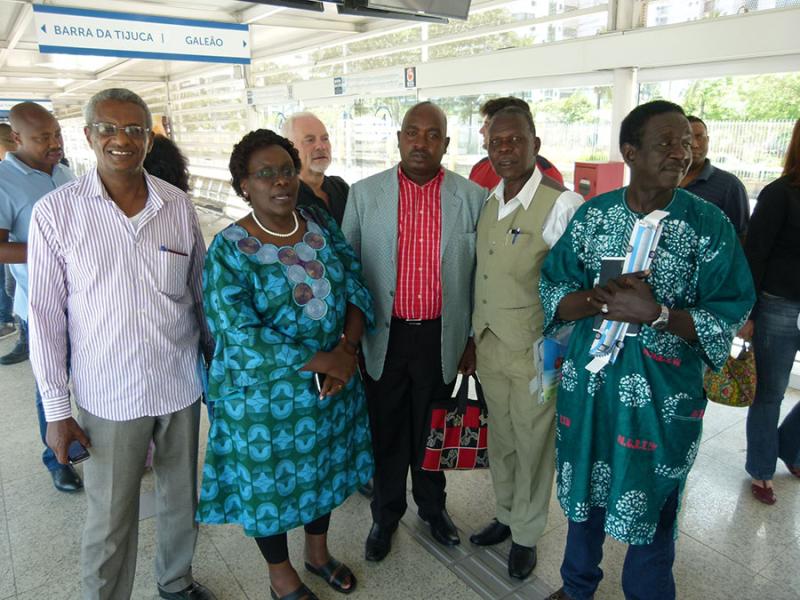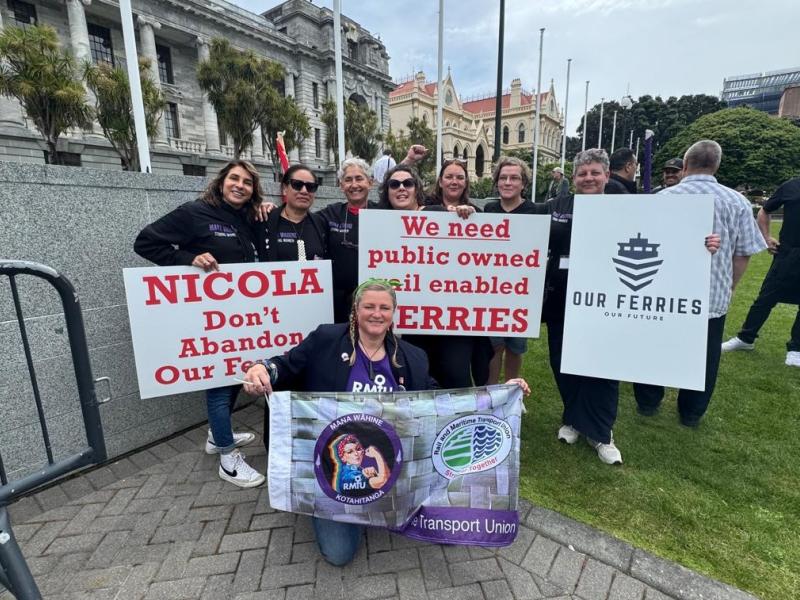The ITF has launched a ground-breaking report by the Global Labour Institute looking at the impact on public transport workers of the Bus Rapid Transit (BRT) system planned for Nairobi, Kenya.
Over 100 people from 42 organisations attended the launch event in the Kenyan capital on Wednesday 30 January, including representation from government, international organisations and funders, transport and passenger organisations and academics.
Three ITF unions - the Transport Workers’ Union Kenya (TAWU), the Matatu Workers' Union (MWU) and the Public Transport Operators’ Union (PUTON) - contributed to the report and are working together to prepare workers for BRT.
Dan Mihadi, general secretary of TAWU, said at the launch: "As unions we are united. We support BRT. The potential of formal jobs, solution to the traffic jams, benefit for the economy and the environment and good for passenger fares.
We know people have been consulted, but nowhere have workers been included. Workers are not represented, we want to be included, we want our voice to be heard loud and clear."
The Kenya Bodaboda, Tuktuk and Taxi Workers Union from Mombassa was also at the event, as well at the ITF chair of the urban transport committee John-Mark Mwanika.

Among the findings in 'Nairobi Bus Rapid Transit: Labour impact assessment' –
- an estimated 70,000 people work in Nairobi's matatu industry, and half of these will be affected by BRT over the years to come
- the major issue faced by all workers is the endemic problem of police and local authority corruption and extortion, and the so-called target system of daily payments to vehicle owners, which drives long working hours, accidents, corruption and violence
- the numbers of women in the industry is increasing, but mostly in the most precarious of occupations. They will be hit hardest by BRT if it does not integrate the matatu network
- matatu workers want their employment to be urgently formalised to reduce crime, corruption, working hours and accidents
- new approaches and policies are required to encourage an integrated public transport network that focuses on making connections between BRT and matatu operations, rather than simply replacing the matatu industry
- in developing BRT, the matatu workforce and its representative unions needs to be consulted, not just the matatu owners. This is a precondition for reform and development of an achievable efficient integrated public transport system for Nairobi




